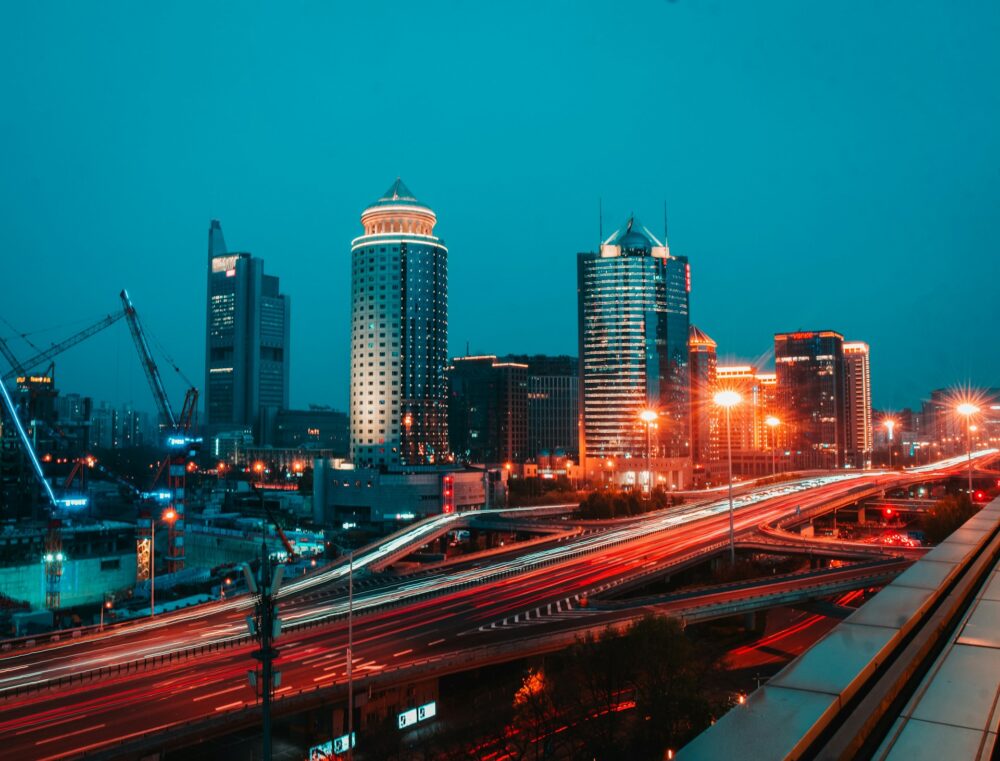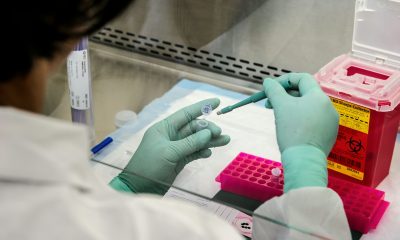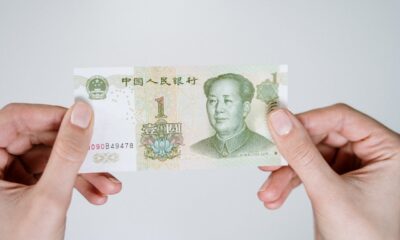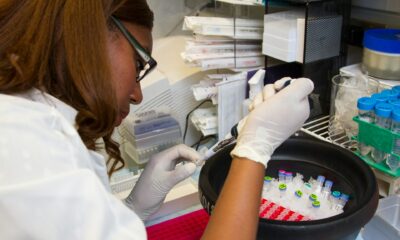Biotech
Sanofi Bets on China and Invests 1 Billion in an Insulin Factory
Sanofi will invest €1 billion in a new insulin factory in Beijing, its largest investment in China, citing demand from 140 million diabetic adults. This fourth plant aligns with sustainable standards. While Pfizer plans $1 billion in China by 2030, rivals like AstraZeneca, Johnson & Johnson, and Merck are scaling back operations.

Sanofi is turning its attention to the Chinese market. The pharmaceutical company has announced that it will invest 1 billion euros to build an insulin factory in Beijing. The news comes a few weeks after it was announced that the French group will increase its production in its local market by 40 million euros.
This will be Sanofi’s fourth production facility in China and the largest capital injection by the French group in the Asian country. The company entered the Chinese market four decades ago and has plants in Beijing, Shenzhen and Hangzhou.
Sanofi justifies the new investment in the large market of insulin-demanding patients in China, which in 2021 had 140 million diabetic adults . The new factory will have automated production, digitally integrated management and sustainable standards.
Sanofi has three other production plants in the Chinese market
Sanofi’s investment in China is in line with that of other pharmaceutical companies such as Pfizer, which last November announced a $1 billion investment in the country by 2030 to help accelerate the introduction of new drugs, improve diagnostics and support local biotechnologies through collaborations.
However, other giants in the sector have begun to divest from the Chinese market. AstraZeneca was caught up in an investigation in the country, causing its shares to plummet on the stock exchange. Johnson & Johnson and Merck also cut jobs at their Chinese headquarters.
The company also invested 40 million in its factory in Lyon, France
Sanofi will invest €40 million in its Lyon Gerland factory to enhance production of Thymoglobulin, an antibody for kidney transplant rejection, and Tzield, a type 1 diabetes drug. The investment includes €25 million for a second-generation Thymoglobulin and €15 million to localize Tzield production. With launches planned for 2025 and 2027, Sanofi aims to expand capacity and reliability. Boosted by strong vaccine sales, the company is divesting a €16 billion consumer unit stake to fund next-gen drug trials.
Sanofi closed the third quarter of the year with operating income, excluding extraordinary items, of 4.6 billion euros, 14.6% more than in the same period of the previous year.
__
(Featured image by Christian Lue via Unsplash)
DISCLAIMER: This article was written by a third party contributor and does not reflect the opinion of Born2Invest, its management, staff or its associates. Please review our disclaimer for more information.
This article may include forward-looking statements. These forward-looking statements generally are identified by the words “believe,” “project,” “estimate,” “become,” “plan,” “will,” and similar expressions. These forward-looking statements involve known and unknown risks as well as uncertainties, including those discussed in the following cautionary statements and elsewhere in this article and on this site. Although the Company may believe that its expectations are based on reasonable assumptions, the actual results that the Company may achieve may differ materially from any forward-looking statements, which reflect the opinions of the management of the Company only as of the date hereof. Additionally, please make sure to read these important disclosures.
First published in PlantaDoce. A third-party contributor translated and adapted the article from the original. In case of discrepancy, the original will prevail.
Although we made reasonable efforts to provide accurate translations, some parts may be incorrect. Born2Invest assumes no responsibility for errors, omissions or ambiguities in the translations provided on this website. Any person or entity relying on translated content does so at their own risk. Born2Invest is not responsible for losses caused by such reliance on the accuracy or reliability of translated information. If you wish to report an error or inaccuracy in the translation, we encourage you to contact us

-

 Cannabis1 week ago
Cannabis1 week agoScientifically Verified F1 Hybrids Set New Benchmark for Indoor Cannabis Yield and Consistency
-

 Fintech4 days ago
Fintech4 days agoImpacta VC Backs Quipu to Expand AI-Driven Credit Access in Latin America
-

 Fintech2 weeks ago
Fintech2 weeks agoNubank Launches in Argentina With $474M Bet to Shake Up the Fintech Market
-

 Impact Investing1 day ago
Impact Investing1 day agoClimate Losses Drive New Risk Training in Agriculture Led by Cineas and Asnacodi Italia






















